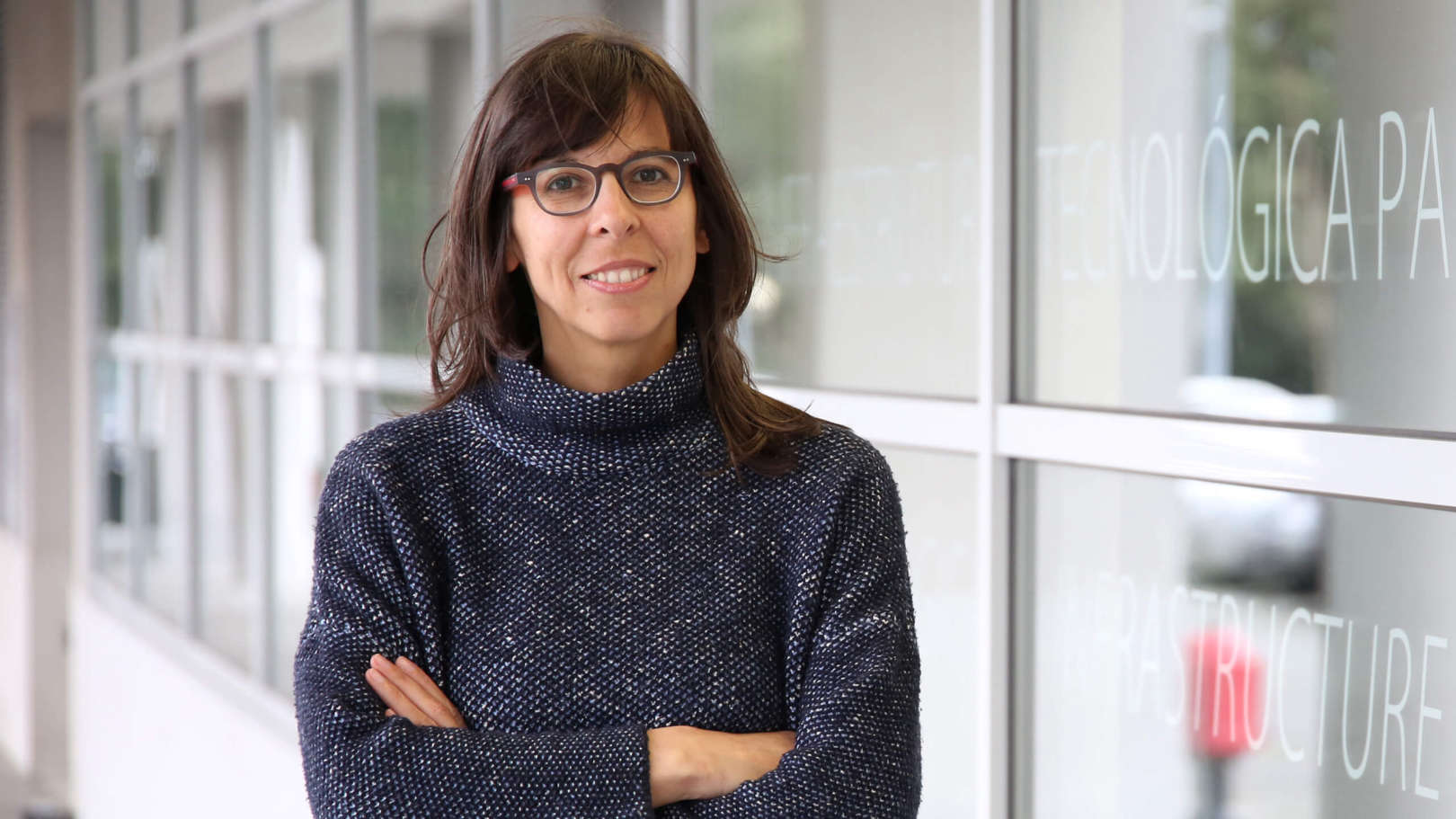Sobre
Ana Viana é Doutorada em Engenharia Electrotécnica e de Computadores pela Universidade do Porto (2004).
É investigadora do Centro de Engenharia e Gestão Industrial do INESC TEC e Professora Coordenadora do Instituto Superior de Engenharia do Porto.
A sua principal área de investigação é Investigação Operacional, com foco em problemas de optimização combinatória. Como técnicas de resolução deste tipo de problemas explora quer abordagens baseadas em técnicas exactas, quer heurísticas.
Liderou vários projectos financiados por fundos públicos nas áreas de Saúde, Logística e Energia e publica regularmente em revistas científicas de referência, na sua área de actividade.



